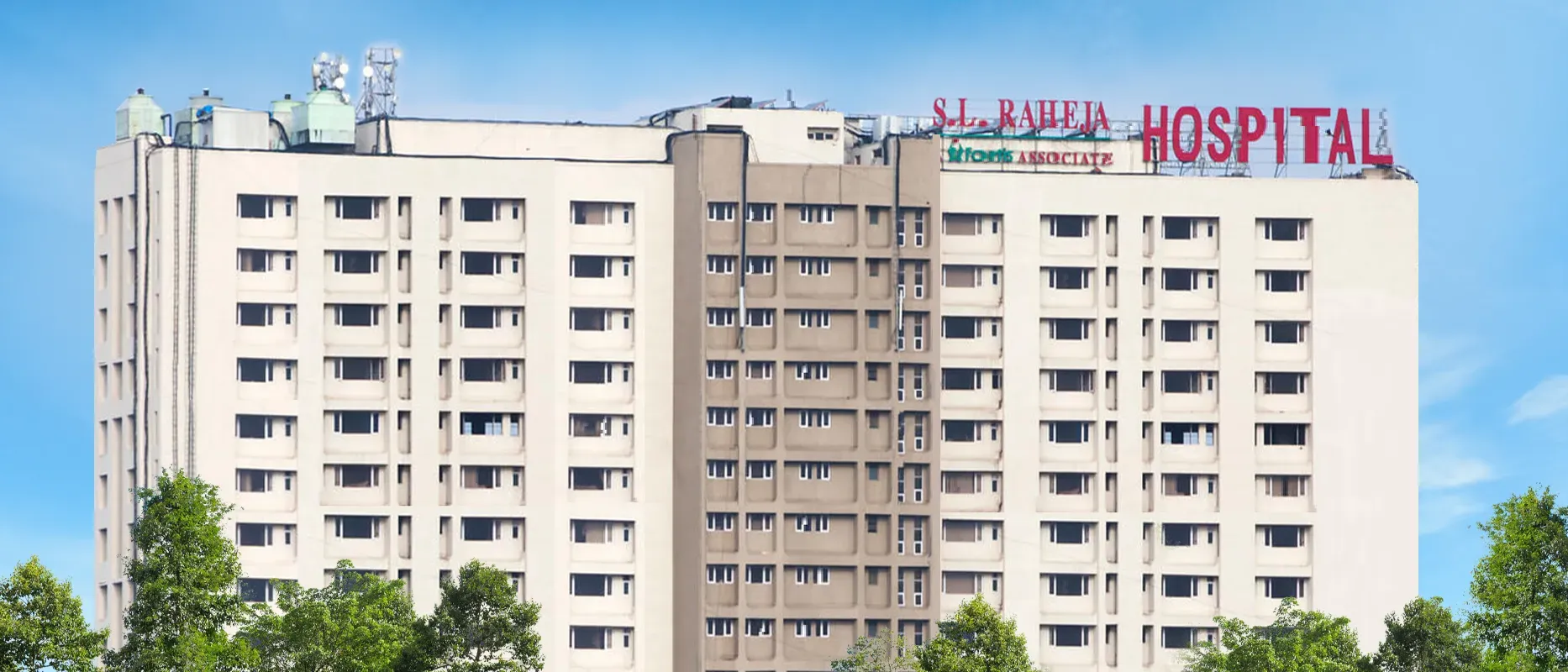Overview of Kidney Transplant Treatment India
A kidney transplant is a medical procedure in which a diseased kidney is replaced with a healthy kidney. The kidneys are the organs just below the ribs on each side of the spine. It helps in removing the waste products from the body through urine. When the kidneys do not perform the normal function due to some disease then all the waste products start accumulating in the body which can lead to life threatening conditions. When the function of the kidney reduces to 90% then in this situation, a surgical procedure is performed where kidneys from a deceased or healthy person are donated to the patient through a process of kidney transplant. For such patients, dialysis is also an option but it has to be performed 2 times a week. For the permanent cure, kidney transplant is performed. Kidney transplant is also preferred to dialysis because it has low risk of death, less cost of treatment and gives better life quality to patients with kidney disease. A donor who gives a kidney to a patient can be a close relative or can be totally unrelated to the patient. The donor who is a close relative has the advantage of the less chances of transplant failure due to similarity in their genetics. If the kidney transplant fails, then the patient may require to go for dialysis or need the second kidney transplant.
Types of Kidney Transplant Treatment India
There are three main types of kidney transplant which are described below:
- Living Donor Kidney Transplant
- Deceased Donor Kidney Transplant
- Preemptive Kidney Transplant
Living Donor Kidney Transplant
In this type of kidney transplant, the healthy kidney from a close relative or friend is donated to a person with end stage kidney disease. The donor should have the same blood type as the patient and should have the same genetics. Living donor kidney transplant is usually preferred because it has more chances of success and longer survival rates as compared to transplants from deceased donors. The donor should be in coordination with the patient for this type of transplant.
Deceased Donor Kidney Transplant
In this type of transplant, the kidney is obtained from a dead person. The consent from a deceased person before his death is an important part of this type of kidney transplant. The kidney is matched with a recipient on the basis of blood type, tissue compatibility, and waiting time on the transplant waiting list. Deceased donor kidney transplants are the most common type of kidney transplants but this kidney transplant has a lower success rate than living donor kidney transplants.
Preemptive Kidney Transplant
In preemptive kidney transplant, the healthy kidney is replaced with damaged kidney before even the need of dialysis or the extent of damage to end stage kidney disease. It is considered the optimal treatment for individuals with advanced kidney disease who have a suitable living donor. Preemptive transplantation has advantages such as improved long-term outcomes, avoidance of dialysis, enhanced quality of life, and preservation of circulation and heart health. Not all patients are eligible for preemptive transplantation, as it is usually performed when there is a suitable living donor and timely coordination.
Procedure of Kidney Transplant
Referral and Evaluation: Patients who have end-stage kidney disease are usually referred for transplant. The detailed assessment is done before taking a decision of kidney transplant.
Placement on the Transplant Waiting List: The patients with end stage kidney disease are added to the national or regional transplant waiting list and then selection is usually done based on factors like blood type and waiting time.
Donor Identification: For living donor transplants, a suitable living donor, often a family member or friend, is identified.
Pre-Transplant Preparation: Both the recipient and the living donor undergo further medical tests and consultations to prepare for the surgery.
Surgery: the surgeon performs a surgery and replaces a diseased kidney with a healthy donor kidney.
Post-Transplant Care: after the surgery, medications are given to prevent the failure of transplant. Pain management and prevention of infection is also done by the use of certain medicines.
Diagnosis of Kidney Transplant Treatment India
Cost of Kidney Transplant in India
The cost of kidney transplant in India usually ranges between 11000 USD- 15000 USD. This cost can vary according to the type of kidney transplant. It may also vary in different hospitals of different cities in India.
Minimum to maximum cost range of kidney transplant in India:
| Treatment Costs in India |
Min in USD |
Max in USD |
| Minimum Cost in India |
5700 USD |
6500 USD |
| Average Cost in India |
6480 USD |
1109 USD |
| Maximum Cost in India |
8760 USD |
15000 USD |
Cost of kidney transplant in different cities of India:
| Treatment Cities in India |
Min in USD |
Max in USD |
| Bangalore |
5600 USD |
8720 USD |
| Delhi |
5710 USD |
8730 USD |
| Mumbai |
5730 USD |
8790 USD |
| Gurgaon |
5780 USD |
8710 USD |
| Chennai |
5710 USD |
8790 USD |
| Hyderabad |
5690 USD |
8990 USD |
| Pune |
5630 USD |
8770 USD |
Symptoms and Risk factors
Here are the names of some common indications for kidney transplant:
- End-stage of kidney disease
- Chronic kidney disease stage 5
- Decreased kidney function
- Uncontrolled high blood pressure leading to kidney damage
- Kidney disease caused by diabetes
- Polycystic kidney disease
- Inflammation of the kidney's filtering units
- Alport syndrome (a genetic condition affecting the kidneys)
- Congenital abnormalities of the kidneys
- Recurrent kidney stones causing significant kidney damage
Risk Factors of Kidney Transplant
Surgical Complications
The kidney transplant procedure is highly complex and may cause leakage of blood vessels, infections or blood clot formation which further require the medical and surgical management.
Rejection of a Transplant
Sometimes the body's natural defense mechanism recognizes the tissue of transplant as an antigen and fights against the new donor transplanted kidney tissues. This can be prevented by using immunosuppressive medications but still there are chances of rejection.
Infections
Due to decreased immunity, the chances of viral, fungal and bacterial infections increases to two fold which can damage the transplanted kidney and also other organs.
Post-operative Complications
After a surgery, some kidney transplant recipients may experience complications such as chronic rejection, recurrence of the original kidney disease, or health issues unrelated to the kidney.
Heart Disease
Kidney transplant recipients may have a higher risk of heart disease, including heart attacks, strokes, and high blood pressure.
Post-Transplant Diabetes
Some recipients may develop diabetes after transplantation due to the effects of some medicines or by the effect of poor lifestyle after transplant.
Top Hospitals for Kidney Transplant in India
Shaping the future of the healthcare institution and establishing the path to accomplishment.
Kokilaben Dhirubhai Ambani Hospital and Medical Research Institute Mumbai,India
Book Appointment
Top Doctors for Kidney Transplant in India
Empower your Health with the Expertise of Leading Medical Professionals.
Dr. S. Balasubramaniam
Department of Neurology & Nephrology
Consultant
Book Appointment
Treatment Costs for Kidney Transplant
Be the change and be an opportunist in transforming healthcare.
How it's Works
Guiding your Journey from Discovery to Treatment Planning and Beyond.
Discovery
Get a consultation to discover about your treatment
Pre-Treatment
Admission to the best hospital and all pre-treatment facilities
Post Treatment
Get post-treatment follow-up care with medicine fulfillment
Treatment Planning
Hassle-free treatment planning with package & cost estimations
in-treatment
world-class quality procedures and equipment for treatment


























